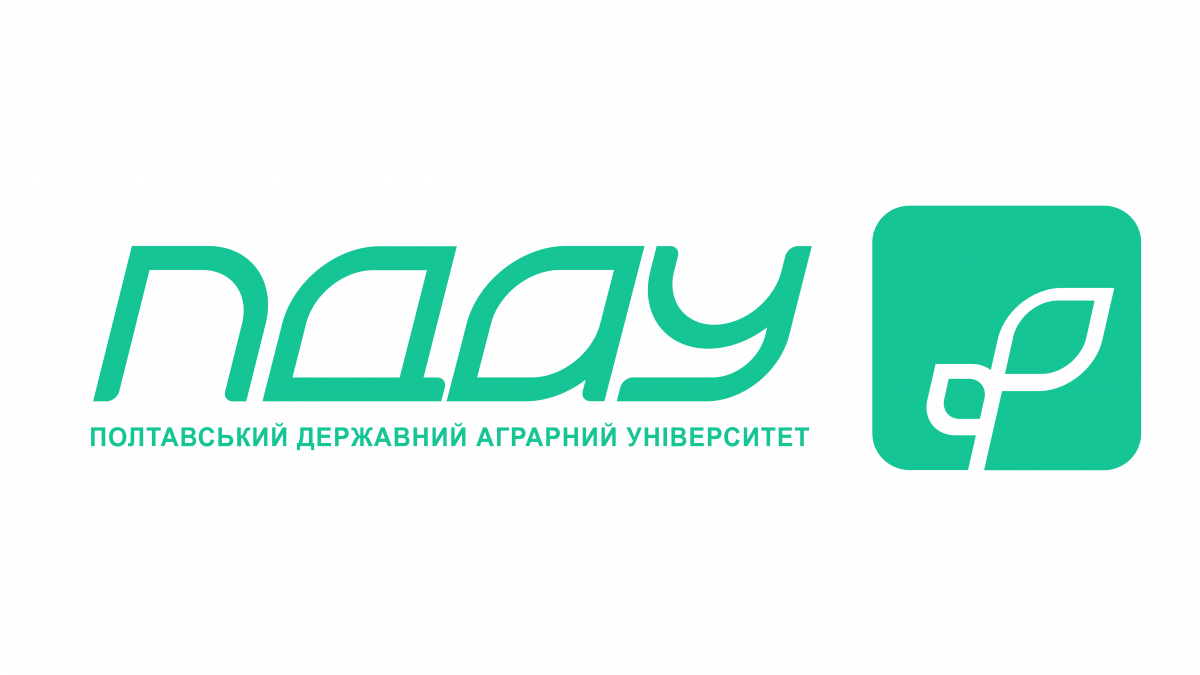PRIORITY FOR PROTECTING THE NATIONAL INTERESTS OF THE STATE – ADULT EDUCATION
DOI:
https://doi.org/10.32782/pdau.pma.2025.3.7Keywords:
desocialization, trust, personal interests, competencies, migration policy, motivation, national security, national interests, adult education, personal needs, psychological readiness, public safety, social contradictions, social risks.Abstract
The authors have studied the essence of adult education in terms of practical experience in using educational opportunities to expand the competencies of adults and their socialisation. The importance of adult education for expanding competencies and adapting adults to new living conditions has been proven. The essence of the concept of ‘adult education’ has been supplemented, taking into account current trends, interests and needs of individuals, groups of individuals, specific communities and society. The essence and manifestations of desocialization have been analysed, and priority factors and risks in the process of socialisation of individuals to new living conditions have been identified. The practical experience of using adult education in EU countries is presented, taking into account the needs of the indigenous population and migrants undergoing the socialisation process. The significant impact of the level of socialisation on the standard of living and psychological state of the individual is discussed. The need to expand the areas of interaction between participants in adult education and the use of educational opportunities for the socialisation of migrants, the protection of national interests and the security of society is identified. It is argued that educational centres can provide conditions for the socialisation of the adult population and reduce the risk of desocialization and related social conflicts. The authors argue that there is a need to expand educational opportunities in adult education, following the example of EU countries, and to motivate and prepare individuals for learning, expanding their linguistic, professional and social competences, socialisation and ensuring a decent standard of living. The authors prove that the priority is not the level of education and professional competencies, but psychological readiness for change, its perception and adaptability to the requirements that must be accepted and fulfilled. It is the field of adult education that provides such an opportunity, as it allows individuals to acquire language, social and professional competences, taking into account personal factors, readiness to learn and motivation.
References
UNHCR Ukraine. Агентство ООН у справах біженців. URL: https://www.unhcr.org/ua/overview. (дата звернення: 07.03.2025).
Що таке освіта дорослих? URL: https://uaod.org.ua/scho-take-osvita-doroslih (дата звернення: 07.03.2025).
Закон України «Про освіту дорослих» від 12 січня 2023 року № 7039. URL: https://www.rada.gov.ua/news/razom/232071.html. (дата звернення: 07.03.2025).
Орос І. Система освіти дорослих Угорщини і Данії. Наукові записки Бердянського державного педагогічного університету. Серія : Педагогічні науки : збірник наукових праць. Бердянськ : БДПУ, 2018. № 3. С. 56–65.
Огієнко О. Суспільно-державне управління в системі освіти дорослих: досвід Швеції, Данії, Норвегії та Фінляндії. Освіта дорослих: теорія, досвід, перспективи, 2019. № 2(16). С. 155–166.
Освіта дорослих. Фландрія. Бельгія. URL: https://www.vlaanderen.be/volwassenenonderwijs (дата звернення: 08.03.2025).
Фламанська служба з працевлаштування та професійного навчання. VDAB. URL: https://www.vdab.be/. (дата звернення: 08.03.2025).
Освіта дорослих: світові тенденції, українські реалії та перспективи : монографія / Н.Г. Ничкало, Р.І. Черновол-Ткаченко, І.Ф. Прокопенко та ін. ; за заг. ред. Н.Г. Ничкало, І.Ф. Прокопенка. Ін-т педагогічної освіти і освіти дорослих ім. І. Зязюна НАПН України, Харків. нац. пед. ун-т ім. Г.С. Сковороди. Харків : Бровін О.В., 2020. 544 с.
Лук’янова Л. Освіта дорослих: сучасні стратегії і практики в Україні та зарубіжжі : монографія. Київ : ТОВ «Юрка Любченка», 2020. 340 с.
Маслянікова І.В. Сучасні підходи навчання дорослих: теоретичні та емпіричні аспекти. Вчені записки ТНУ імені В.І. Вернадського. Серія : Психологія. 2020. Том 31 (70). № 1. С. 28–36.
Проєкти співпраці у сфері освіти дорослих. URL: https://erasmusplus.org.ua/opportunities/mozhlyvosti-dlyaorganizaczij/proyekty-spivpraczi-u-sferi-osvity-doroslyh/. (дата звернення: 11.03.2025).
Освіта дорослих. Державна наукова установа «Інститут освітньої аналітики». URL: https://eurydice.iea.gov.ua (дата звернення:11.03.2025).
Меморандум безперервної освіти Європейського Союзу (A Memorandum of Lifelong Learning). URL: https://www.uil.unesco.org/en/articles/european-communities-memorandum-lifelong-learning-issued-2000. (дата звернення: 07.03.2025).
Blakely Р. Adult education: issues and developments / Patricia N. Blakely and Anna H. Tomlin (editor). New York : nova Science Publishers, Inc., 2008. 371 p.
Sahuichenko V. Postgraduate pedagogical education: trends and risk. Revista Dilemas Contemporáneos: Educación, Política y Valores, Vol. Year VI, No. Special Edition, 2019. Artículo No. 1. P. 1–17.
Houten C.V. Practising Destiny. Principles and process in Adult Learning. London : Tempe LODGE, 2000. 180 p.
Houten C.V. Creative Spiritual Research. Awakening the Individual Human Spirit. London : Tempe LODGE, 2009. 156 p.
Wodlinger М. Adult Education: Understanding. The Adult Learner. New York : Xulonpress, 2007. 212 p.

